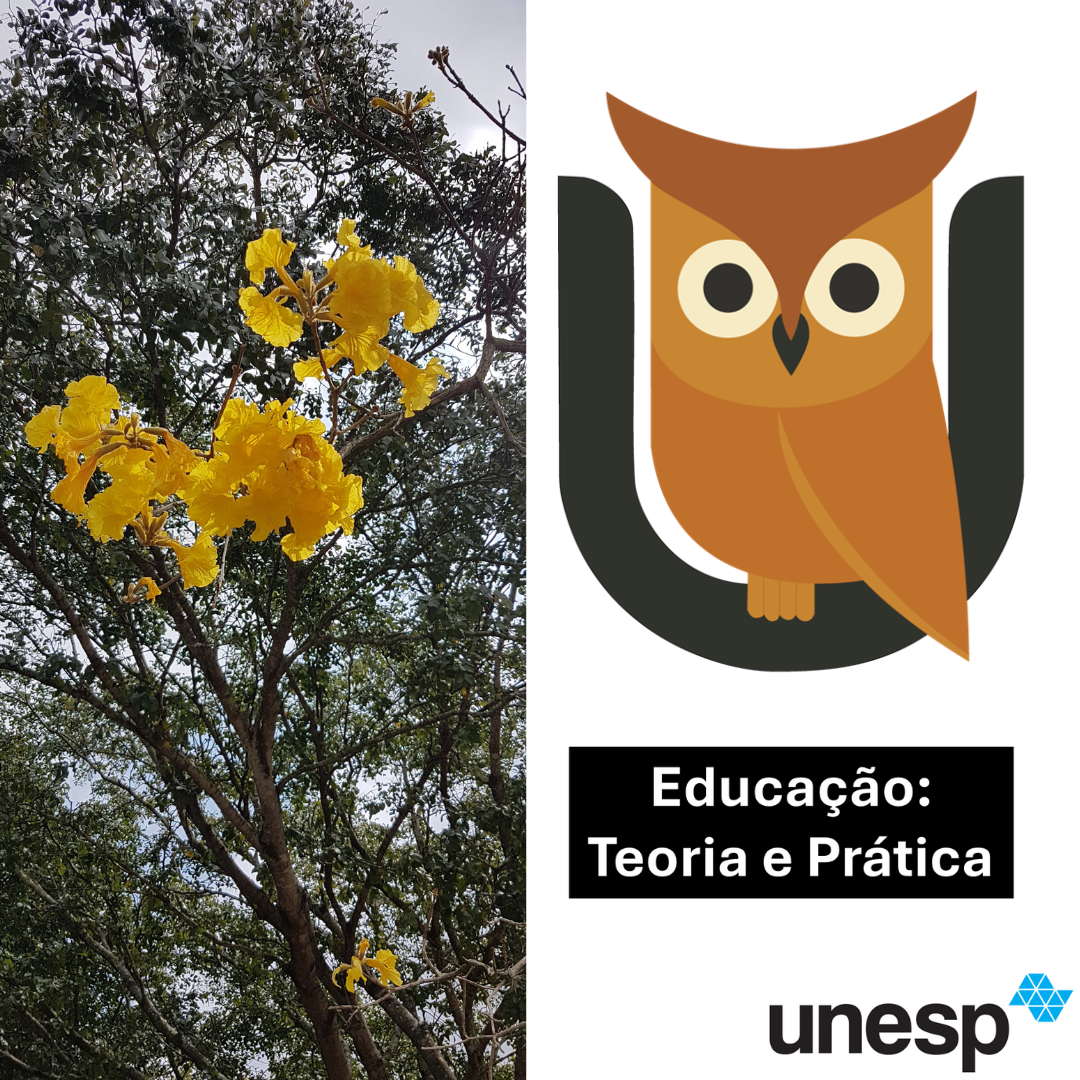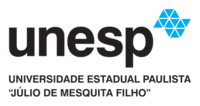Mapping activities to support and promote the employability of students and graduates: a study with Portuguese polytechnics
DOI:
https://doi.org/10.18675/1981-8106.v35.n.69.s17823Keywords:
Employability. Portuguese polytechnic institutes. Graduates. Alumni.Abstract
The objective of this study is to map practices that aim to support and promote the employability of students and graduates of portuguese polytechnic institutes. The methodology is descriptive and exploratory. The sample is composed of 11 public and non-military Portuguese polytechnic institutes, covering all regions of mainland Portugal. The corpus of the study were the institutional strategic plans (n=17), the activity reports (n=21) and the websites (n=11). The findings show growth in references to employability when comparing the investigated strategic plans. Actions/goals are more aimed at graduates to the detriment of undergraduate students; closer ties with companies can be seen, reinforced by actions such as job fairs and poliempreende. Of particular note is the creation of offices dedicated to the development of student employability, the creation of employability portals and the participation of students in non-formal educational spaces such as proposals for volunteering actions managed by polytechnics. The importance of promoting actions aimed at employability and not employment is highlighted, concepts that are often confused and/or overlap in the analyzed documents, an aspect that can corroborate a simplistic conclusion of the results of the mission of higher education and to a tendency to consider higher education institutions (HEIs) solely responsible for the employment of their students.
References
ALVES, N. E se a melhoria da empregabilidade dos jovens escondesse novas formas de desigualdade social? Sísifo, v. 2, p. 59-68, 2007.
ARTESS, J. et al. (2017). Employability: A Review of the Literature 2012-2016. York: Higher Education Academy.
BARDIN, L. Análise de conteúdo. Lisboa: Edições 70, 1977.
BECKER, G. S. (1975). Human capital: A theoretical and empirical analysis, with special reference to education (2nd ed.). New York: Columbia University Press.
BENNETT, D. Graduate employability and higher education: Past, present and future. HERDSA Review of Higher Education, v. 5, 2018.
BORGES, L. DE O.; YAMAMOTO, O. H. (2004). O mundo do trabalho. In: ZANELLI, J. C.; BORGES-ANDRADE, J.; BASTOS, A. V. Psicologia, organizações e trabalho no Brasil. Porto Alegre: Artmed, 2004. p. 24-62.
CARDOSO, J. L. et al. Empregabilidade e ensino superior em Portugal. A3ES Readings, n. 3, Lisboa: A3ES, 2012
CLARKE, M. Rethinking graduate employability: the role of capital, individual attributes and context. Studies in Higher Education, v. 43, n. 11, p. 1923-1937, 2018. Disponível em: https://doi.org/10.1080/03075079.2017.1294152. Acesso em: 21 out. 2023.
CONSÓRCIO MAIOR EMPREGABILIDADE - CME (2019). Livro verde sobre Promoção da Empregabilidade de Diplomados do Ensino Superior. Lisboa: Press Forum – Comunicação Social, S.A.
DEJOURS, C. Subjetividade, trabalho e ação. Production [online], v. 14, n. 3, p. 27-34, 2004.
DGEEC. Estatísticas da Educação 2014/15 - Principais resultados relativos ao Ensino Superior. Lisboa: Direção-Geral de Estatisticas da Educação e Ciencia, 2016.
FORRIER, A.; SELS, L. The concept employability: A complex mosaic. International Journal of Human Resources Development and Management, v. 3, n. 2, p. 102-124, 2003.
FRAGOSO, A.; VALADAS, S. T.; PAULOS, L. Ensino superior e empregabilidade: perceções de estudantes e graduados, empregadores e acadêmicos. Educ.soc., Campinas, v. 40, e0186612, 2019.
FUGATE, M.; KINICKI, A.; ASHFORTH, B. Employability: A psycho-social construct, its dimensions, and applications. Journal of Vocational Behavior, v. 65, n. 1, p. 14-38, 2004.
GALEAZZI, I. Desemprego. In: CATTANI, A. D. (org.). Dicionário Crítico sobre Trabalho e Tecnologia. 4. ed. rev. Ampl. - Petrópolis: Vozes; Porto Alegre: Ed. Da UFRGS, p. 67-72, 2002.
GAZIER, B. Employability – concepts and pratiques. Berlin: European Employmente Observator, 1998.
GONÇALVES, F. R.; CARREIRA, T.; VALADAS, S.; SEQUEIRA, BERNARDETE. Percursos de empregabilidade dos licenciados: Perspectivas europeias e nacional. Análise Psicológica, v. 24, n. 1, p. 99-114, 2006. Disponível em: https://doi.org/10.14417/ap.157. Acesso em: 21 out. 2023.
HINE, C. Ethnography for the Internet. Embedded, Emboidied and Everyday Internet Copyright Bloonsbury Publishing, Huntingdon, GBR, 2015.
MARTINS, B. V.; OLIVEIRA, S. R. (2017). Reflexões sobre a empregabilidade dos jovens provenientes de cursos superiores de tecnologia. Revista pensamento contemporâneo em administração. Rio de Janeiro, v. 11, n. 1, jan./mar. 2017, p. 37-54. Disponível em: http://dx.doi.org/10.12712/rpca.v11i1.80. Acesso em: 21 out. 2023.
MCCOWAN, T. Should universities promote employability? Theory and Research in Education, v. 13, n. 3, p. 267-285, 2015. Disponível em: https://doi.org/10.1177%2F1477878515598060. Acesso em: 21 out. 2023.
MONTEIRO, S.; ALMEIDA, L. S.Employability of higher education graduates: reflections and pedagogical implications. Revista Lusófona de Educação, v. 51, 2021.
MONTEIRO, S.; ALMEIDA, L. S.; GARCÍA-ARACIL, A. Da universidade ao mercado de trabalho: Perceções de competência, formação e condições de integração profissional de graduados da Universidade do Minho. In: MARQUES, A. P.; SÁ, C.; CASANOVA, J.; ALMEIDA, L. S. (org.). Ser Diplomado do Ensino Superior: Escolhas, Percursos e Retornos. Braga: Centro de Investigação em Educação (CIEd), Instituto de Educação, Universidade do Minho, 2017.
MONTEIRO, S.; FRANCO, A.; SOARES, D.; GARCÍA-ARACIL, A.; ALMEIDA, L. Beating the odds in university, labour market and life: The role of Higher Education in times of socioeconomic change. In: GONZALEZ GARCIA, C.; BERNARDO, J. A.; NÚÑEZ, A.; RODRIGUEZ PEREZ, J. C. (ed.), Factors Affecting Academic Performance. Nova Science Publishers, Inc, 2017.
PAULOS, L.; VALADAS, S.; FRAGOSO, A. Empregabilidade e transição para o mercado de trabalho: Perspetivas de estudantes/diplomados não-tradicionais do Ensino Superior. In: MARQUES, A.; SÁ, C.; CASANOVA, J.; ALMEIDA, L. Ser Diplomado do Ensino Superior: Escolhas, Percursos e Retornos. Braga: Centro de Investigação em Educação (CIEd) Instituto de Educação da Universidade do Minho, 2017. p. 119-138.
PORDATA. Glossário: Emprego. 2020. Disponível em https://www.pordata.pt/Glossario. Acesso em: 2 out. 2022.
QUIVY, R.; CAMPENHOUDT, L. V. Manual de investigação em Ciências Sociais 4. ed. Lisboa: Gradiva, 2005.
SILVA, L. M. F. A empregabilidade dos/as estudantes e diplomados/as do ensino superior: do conceito às práticas que a promovem. Relatório apresentado à Faculdade de Psicologia e de Ciências da Educação da Universidade do Porto, Portugal, 2020.
SIN, C.; AMARAL, A. Academics’ and employers’ perceptions about responsibilities for employability and their initiatives towards its development. Higher Education, v. 73, n. 1, p. 97-111, 2017. Disponível em: 10.1007/s10734-016-0007-y. Acesso em: 21 out. 2023.
SCHULTZ, T. W. (1961) Investment in Human Capital. The American Economic Review, v. 51, n. 1, p. 1-17.
VIEIRA, D. A.; MARQUES, A. P. Preparados para trabalhar? Porto, PT: Consórcio Maior Empregabilidade, 2014.
Downloads
Published
How to Cite
Issue
Section
License
Authors who publish in this journal agree to the following terms:
a) Authors assign copyright to the journal, with the work simultaneously licensed under the Creative Commons Attribution License that allows sharing of the work with acknowledgment of authorship and publication in this journal.
b) The policy adopted by the Editorial Committee is to assign copyright only after a period of 30 months from the date of publication of the article. After this time, authors interested in publishing the same text in another work must send a letter to the Editorial Committee requesting the release of the assignment of copyright and wait for a response.
c) This journal provides public access to all its content, since this allows greater visibility and reach of published articles and reviews. For more information on this approach, visit the Public Knowledge Project, a project that developed this system to improve the academic and public quality of research, by distributing OJS as well as other software to support the public access publication system to academic sources. The names and email addresses on this website will be used exclusively for the purposes of the journal and will not be available for other purposes. This journal provides open any other party  This work is licensed under a Creative Commons License
This work is licensed under a Creative Commons License










